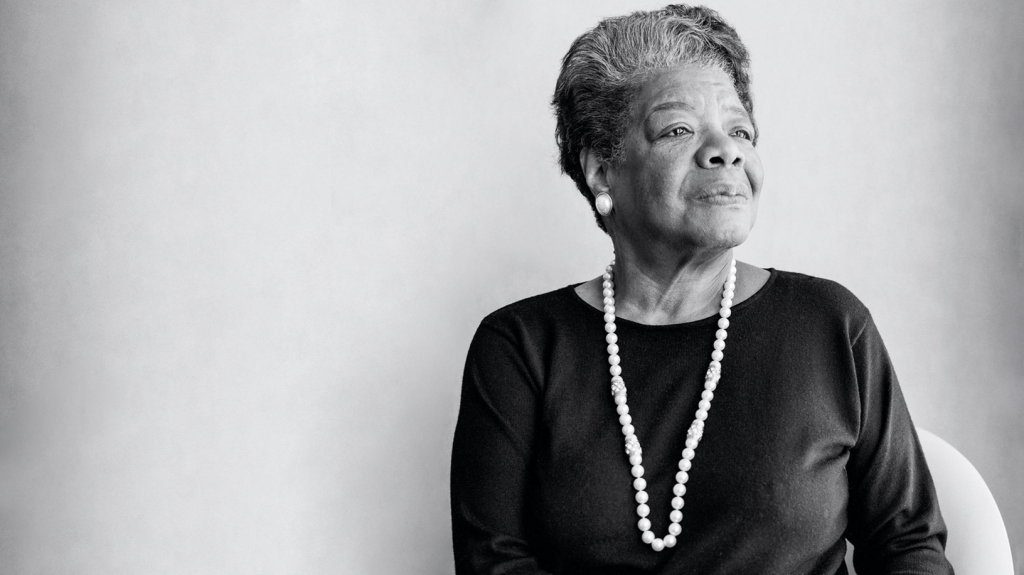Knowing your strengths is knowing yourself. Self-awareness is the strength of understanding yourself and the personal impact that you have on everything going on around you. It’s about listening to your inner voice to deal effectively with all the quirks that make you, you. This is what makes self-awareness the key to successful leadership.
Self-awareness is the true gift for successful leaders:
In a leadership sense, self-awareness is a true gift because those who have this as a strength have a great sense of ‘self’. They know their emotional triggers and how, all woven together with learned behaviours and attitude, they make a leader who can empathise, make good decisions, be objective, see the ‘bigger picture’, and has a more rounded sense of their own wellbeing and that of others, principally of those they lead.

I’ve learned that people will forget what you said, people will forget what you did, but people will never forget how you made them feel.
Maya Angelou
American civil rights activist and poet, Maya Angelou, expressed it best when she famously said that people will never forget how you made them feel. This, as a leader, is what you should always be striving for – treating people with respect and making them feel valued. To do this with authenticity, leaders need to be tuned into themselves and hone their self-awareness.
Think of a leader you’ve worked with who has had a lasting impact on you. Whether it’s because they’ve been great or terrible, their self-awareness has probably had something to do with it.
What are the traits of a self-aware leader?
A self-aware leader will:
- Sincerely value people and their contributions
- Listen actively and intently and not assume that their way is the only/best way
- Communicate with clarity, kindness and collaboration
- Value feedback as a tool to learn and develop
- Invest time in those around them to understand their goals and ambitions
- Will their team to succeed by lifting them up and not putting them down
Revisiting your strengths:
Your strengths change over time and in different situations and contexts. That’s why it’s important to revisit them to see if they are still active. You should aim to revisit your strengths every six months or so. Professional coaching can really help with this, particularly if your coach is trained to use an emotional intelligence or Strengths Profile diagnostic tool to help you work on your strengths (realised and unrealised), learned behaviours and weaknesses. A professional coach will help you to identify these and come up with smart ways to develop them. Have you acquired any new strengths that help to support your self-awareness and be a great leader? Are you still aware of how your words, actions, behaviours and attitudes impact on those you’re leading?
Get ahead of the game: developing the leaders of the future to be self-aware:
Coaching for managers is one way to develop authentic self-aware leaders before the need to lead really emerges. Managers are the glue that sticks the organisation together, focusing on the operational or task management, while delivering to the strategic objectives. In developing your managers’ self-awareness early, you will equip them with the right skills to motivate the workforce and bring teams on board with decisions. This leads to high functioning, high performance workplaces where staff retention is high.
Ultimately, if self-awareness is not a strength that comes easily to you, don’t worry about it as this is a strength that can be developed with the right development action plan in place. Speak to use to see how we use the Strengths Profile to build and develop high performing workplaces.
To see how we made self-awareness the key to successful leadership with one of the UK’s leading cancer charities, read our case study.

